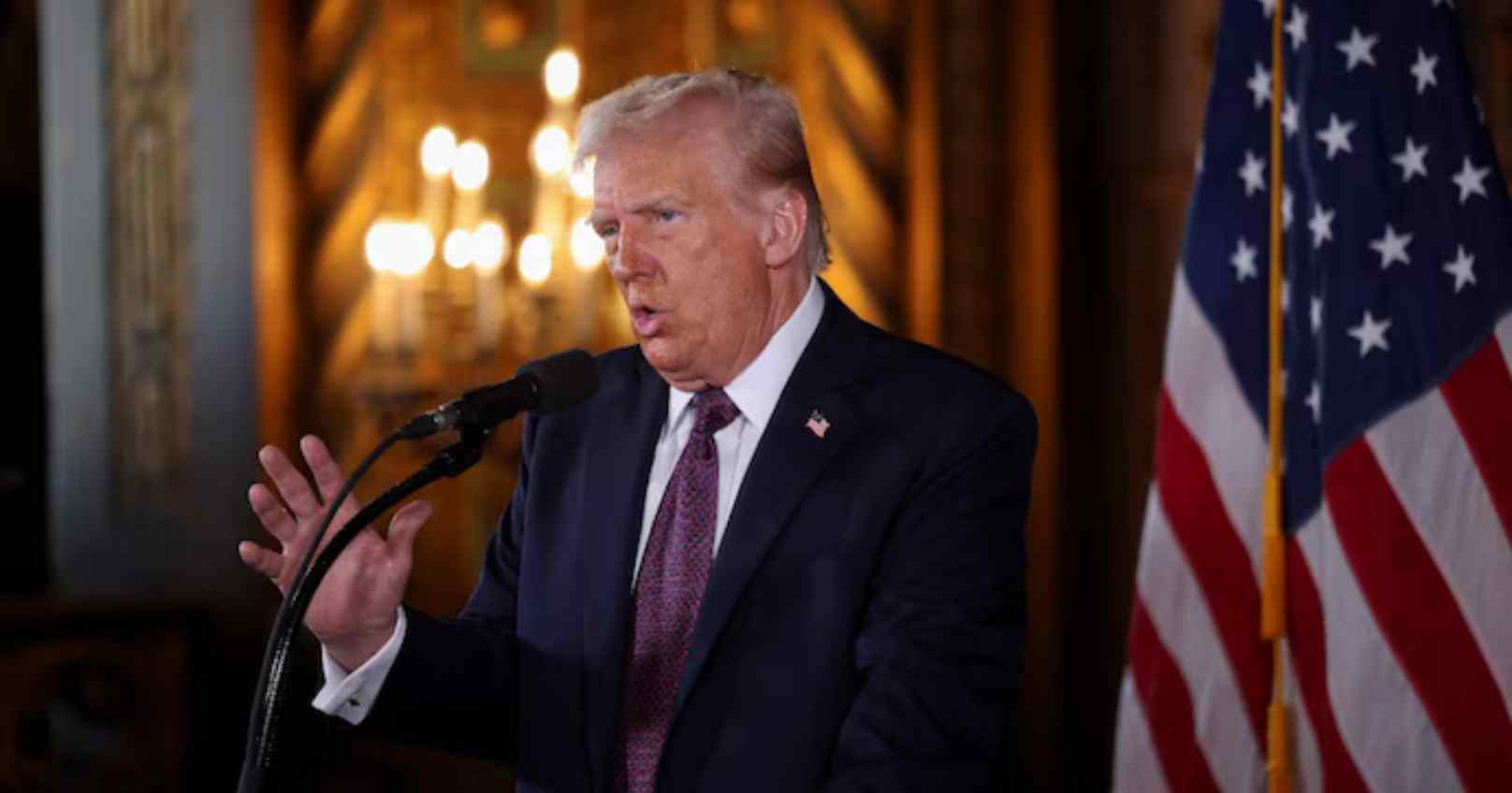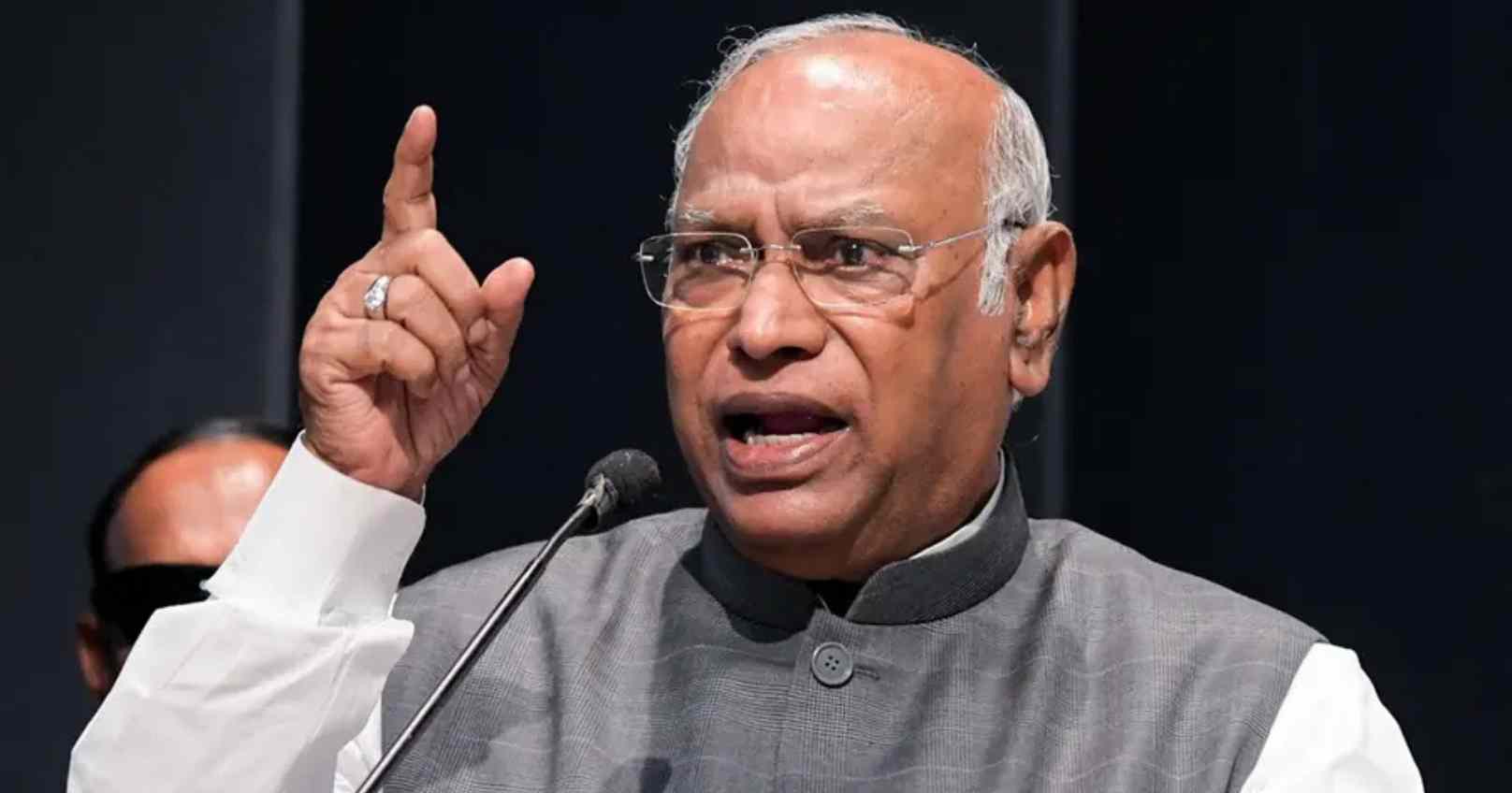With just two weeks left until his return to the White House, US President-elect Donald Trump made headlines with a series of bold and controversial proposals during a press conference at his Mar-a-Lago resort. These include using "economic force" to make Canada the 51st state, threatening military action to acquire the Panama Canal and Greenland, and demanding a significant increase in NATO defense spending.
Absorbing Canada Through "Economic Force"
Trump, who is scheduled to take office on January 20, has long floated the idea of making Canada a part of the United States. In his latest comments, he suggested that the US could use economic leverage to eliminate the "artificially drawn" border with Canada, claiming it would benefit both countries' economies and improve national security. "You get rid of that artificially drawn line, and you take a look at what that looks like, and it would also be much better for national security," Trump said during the press conference.
Trump, who has previously referred to Canadian Prime Minister Justin Trudeau as "Governor Trudeau," criticized the trade relationship between the two countries, accusing Canada of draining US resources with its imports and military support. However, his comments were quickly rejected by Canadian officials, with Trudeau tweeting that "there isn’t a snowball’s chance in hell that Canada would become part of the United States."
Panama Canal and Greenland
Trump also reiterated his long-standing desire to take control of the Panama Canal, citing it as a vital route for US economic and military security. "The Panama Canal was built for our military," Trump stated. While Trump declined to rule out military action in his expansionist goals, Panama's Foreign Minister Javier Martinez-Acha firmly rejected the idea, stating that the canal is under Panamanian control and will remain that way.
Additionally, Trump proposed acquiring Greenland from Denmark, framing it as crucial for US national security. If Denmark resisted, Trump hinted at imposing tariffs, declaring that Greenland’s location was too important to be left outside US control. Denmark, in turn, rejected the idea, with Prime Minister Mette Frederiksen emphasizing that Greenland is "not for sale."
Renaming the Gulf of Mexico
Trump also introduced a proposal to rename the Gulf of Mexico to the "Gulf of America." He praised the new name, calling it a "beautiful" and more appropriate designation that would encompass a larger area. This idea draws on his previous attempt to revert the name of Denali back to Mount McKinley, which had been changed by former President Obama in recognition of Native American heritage.
NATO Defense Spending
The President-elect further pushed his agenda for NATO, insisting that member nations should increase their defense spending to 5% of GDP, well above the current target of 2%. Trump has often criticized NATO allies for not contributing enough to the alliance and has made this a central point in his foreign policy.
Hostage Situation with Hamas
Trump also reaffirmed his threat regarding Hamas, warning that if the militant group did not release hostages taken during its attack on Israel in October 2023, there would be serious consequences in the Middle East. "It will not be good for Hamas, and it will not be good, frankly, for anyone," he declared.
Mixed Reactions
While Trump’s proposals have drawn strong support from some of his political allies, they have also sparked outrage and mockery, particularly from the nations directly affected. Canada, Denmark, and Panama have all rejected Trump’s territorial ambitions, and his demand for higher NATO contributions has raised eyebrows across the Atlantic.
Trump’s comments further solidify his foreign policy stance, which emphasizes US interests and national security, often at the expense of international diplomacy. As he prepares for his inauguration, these statements reflect his continued commitment to an America-first agenda, even as he faces backlash from the global community.







